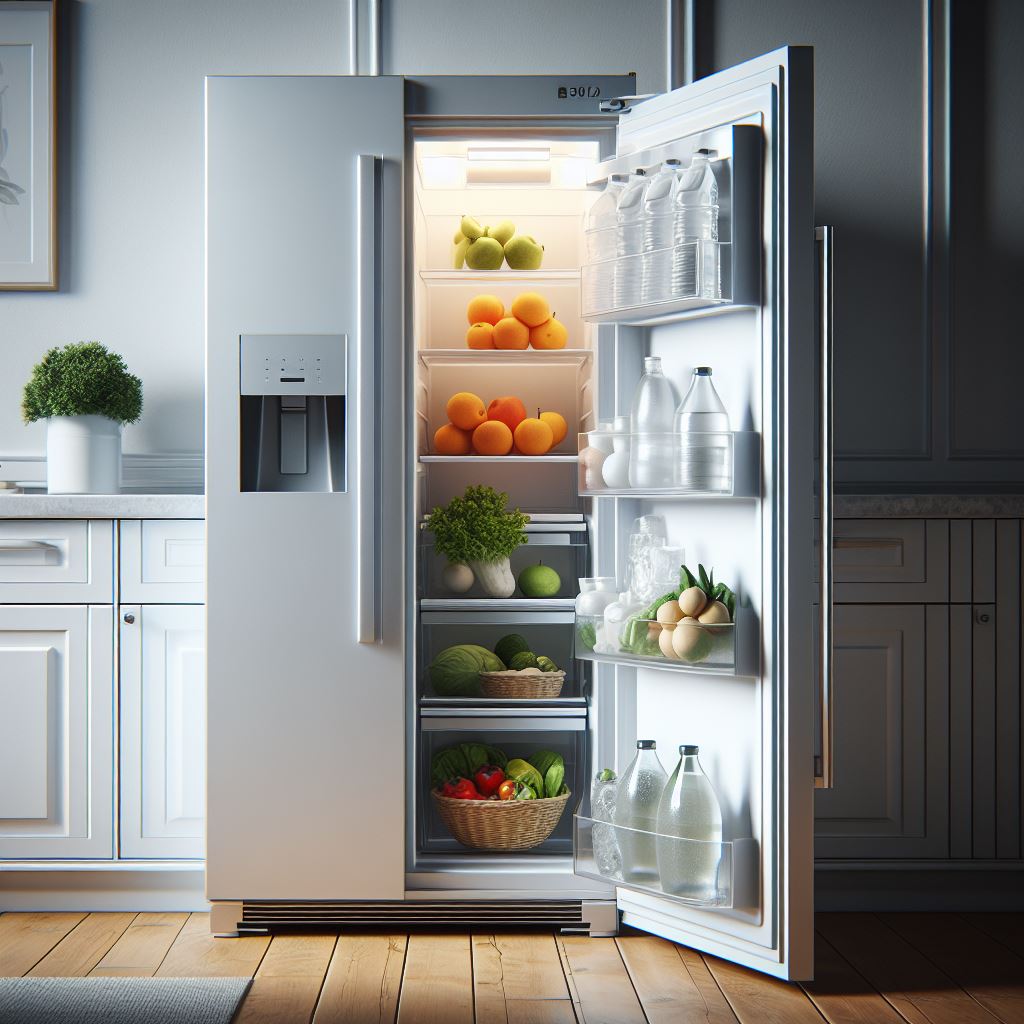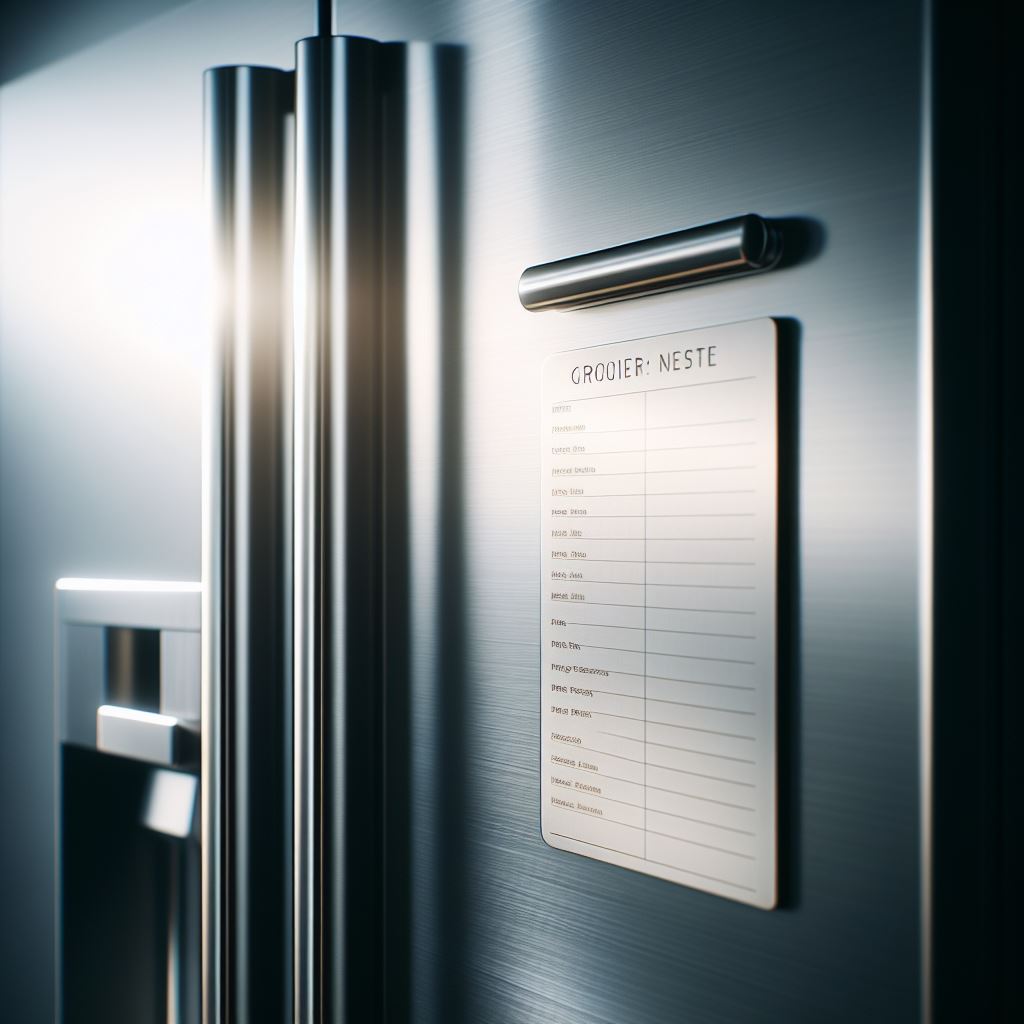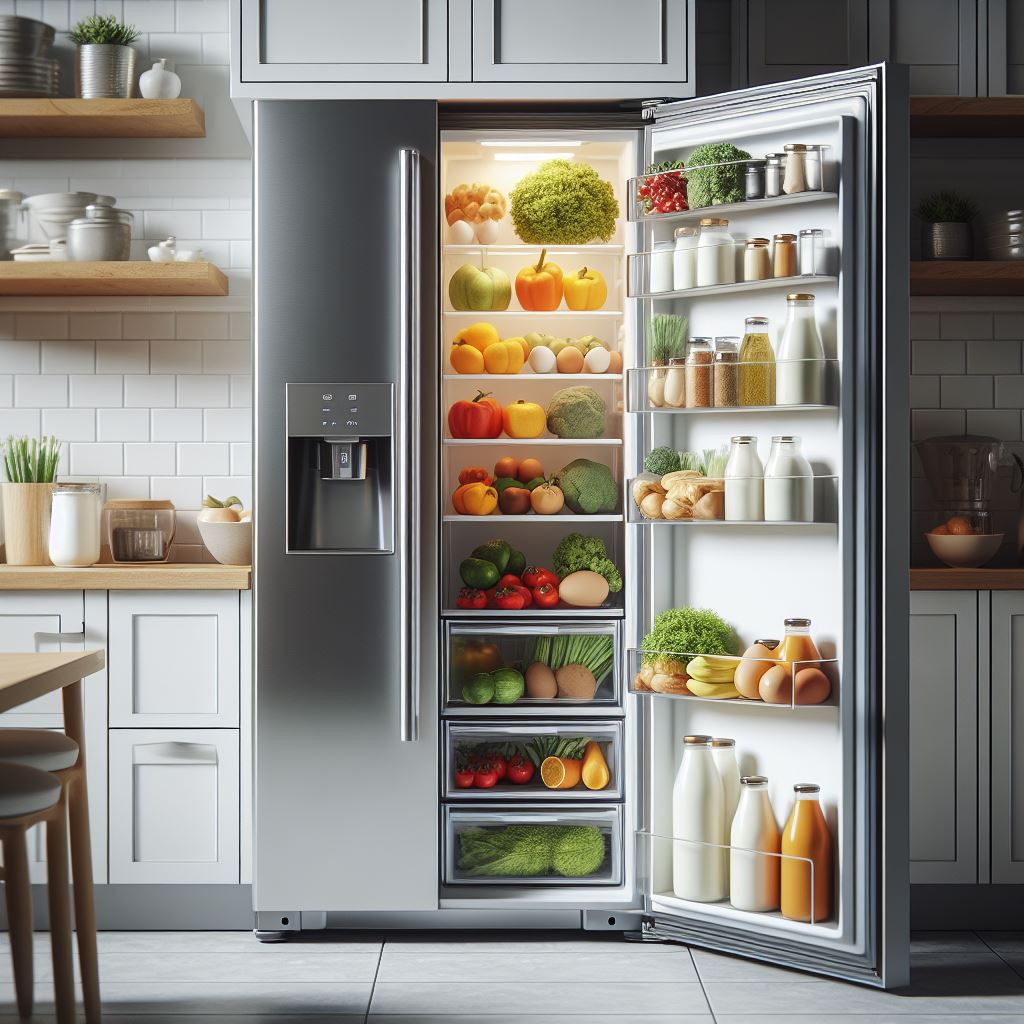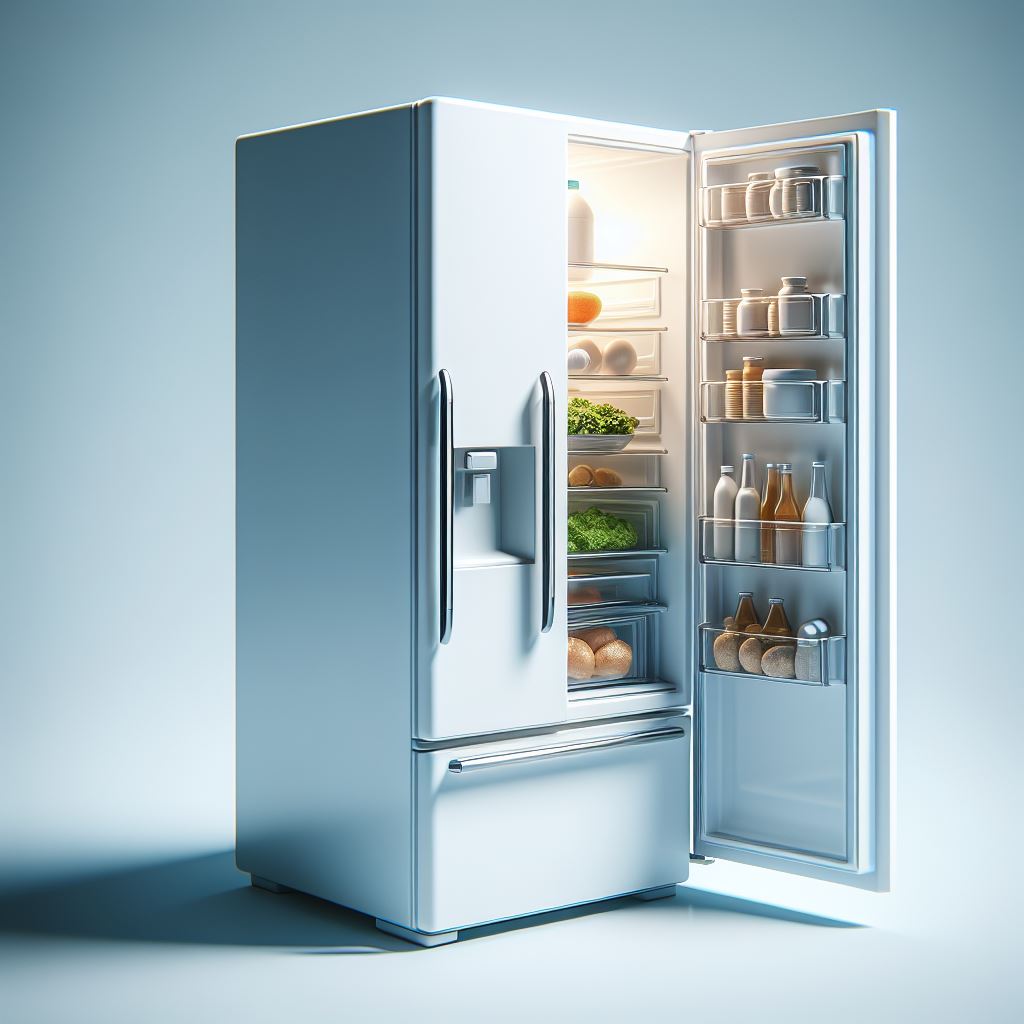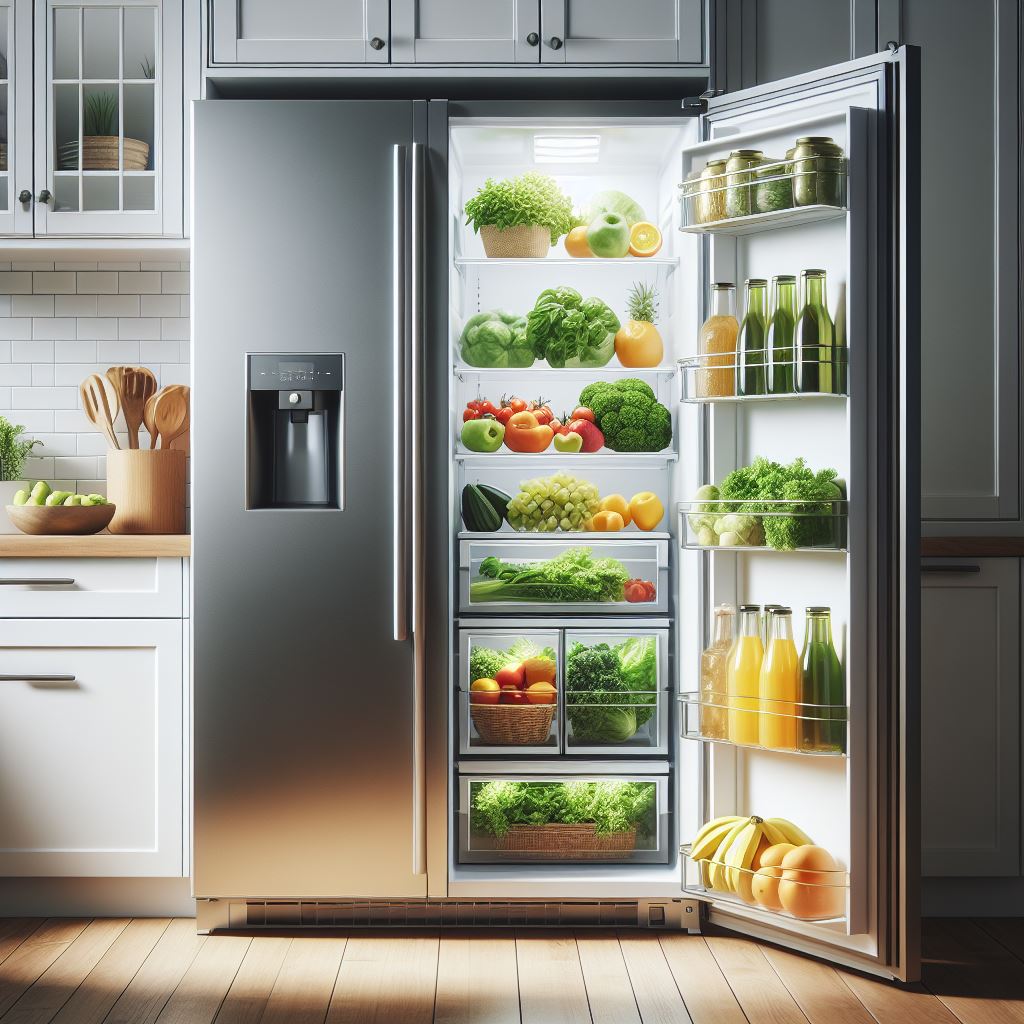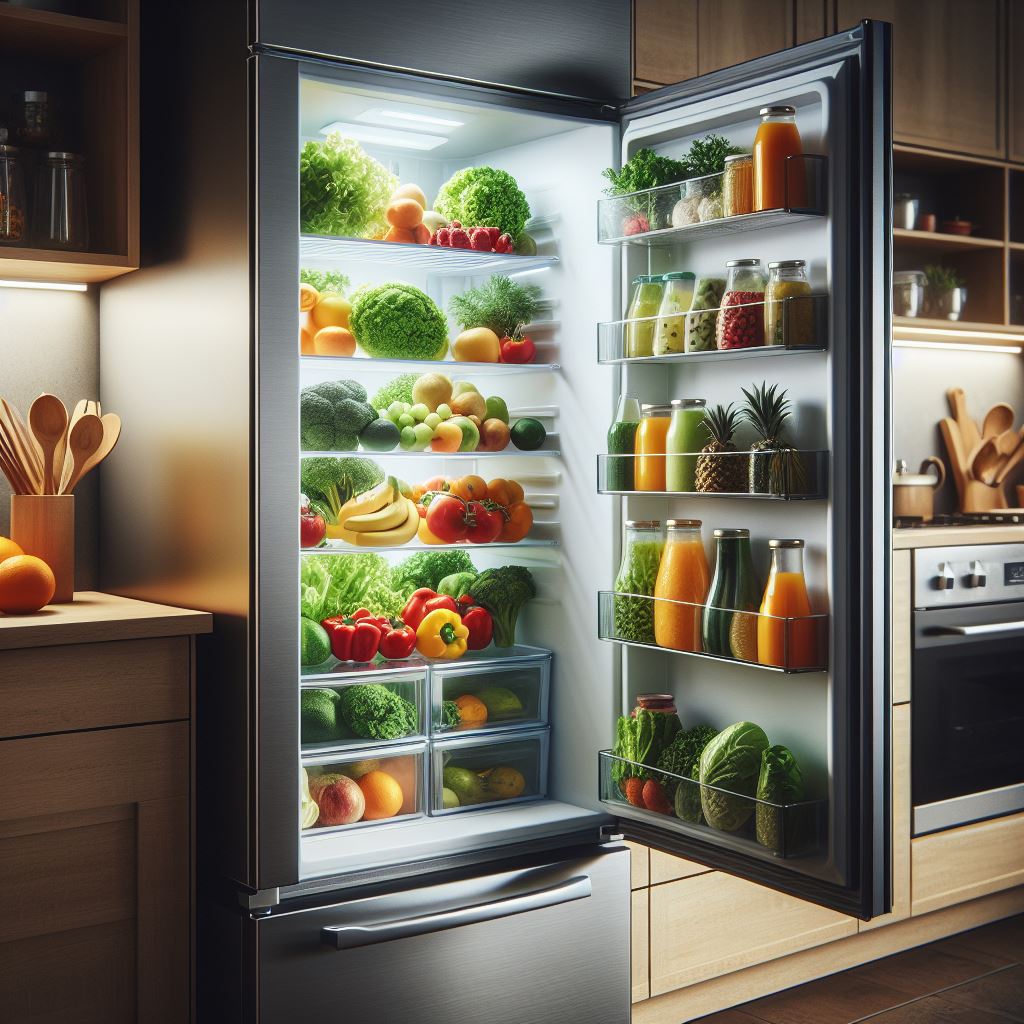Imagine having a refrigerator that doesn’t rely on electricity to keep your food and drinks cold. That’s where a natural gas refrigerator comes in. These innovative appliances use the power of natural gas to cool your items, making them perfect for off-grid living or as a backup during power outages. But how exactly does a natural gas refrigerator work? Let’s dive into the fascinating inner workings of this eco-friendly and efficient cooling solution.
A natural gas refrigerator is a unique appliance that operates without electricity, making it perfect for off-grid living, camping, or as a backup during power outages. But how does it work?
The magic happens through the absorption refrigeration cycle. This cycle uses heat, pressure, and a refrigerant to create a cooling effect. The key components include the generator, condenser, evaporator, and absorber.
The process begins with the generator heating a mixture of water and ammonia using natural gas. The heated solution releases ammonia gas, which moves to the condenser to be cooled and condensed back into liquid form.
The liquid ammonia then enters the evaporator inside the refrigerator, where it evaporates and absorbs heat from the interior, lowering the temperature. The evaporated ammonia gas moves to the absorber to be absorbed by a water solution, which is pumped back to the generator to start the cycle anew.
One of the major benefits of a natural gas refrigerator is its energy efficiency. By using minimal natural gas, it can operate at lower energy costs and reduce carbon footprint compared to electric fridges. Additionally, these refrigerators are known for their durability and reliability, requiring less maintenance and being less prone to breakdowns.
In summary, a natural gas refrigerator uses the absorption refrigeration cycle to provide cooling without electricity. Its energy efficiency, durability, and reliability make it a practical and eco-friendly alternative to electric refrigerators. So, if you’re looking for a reliable cooling option for off-grid living or remote locations, a natural gas refrigerator might just be the perfect choice.

